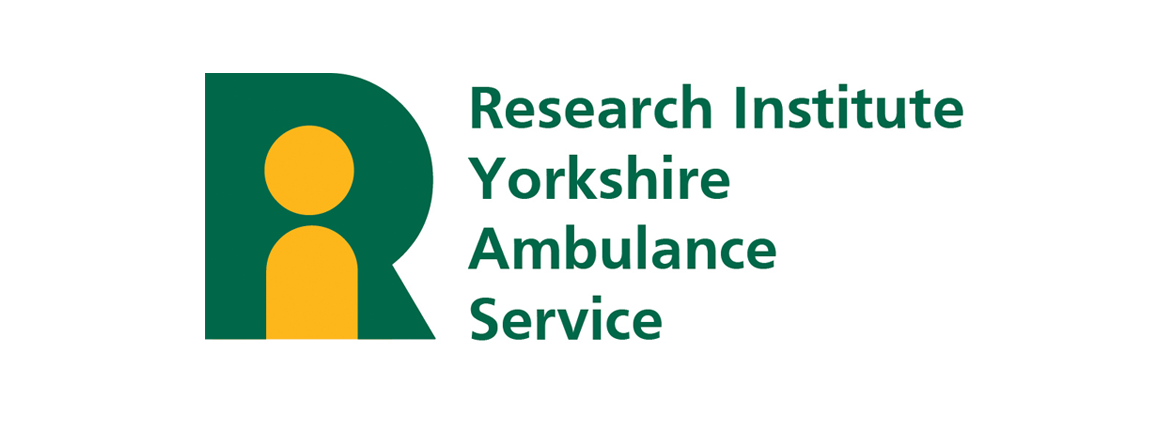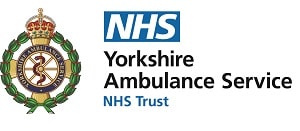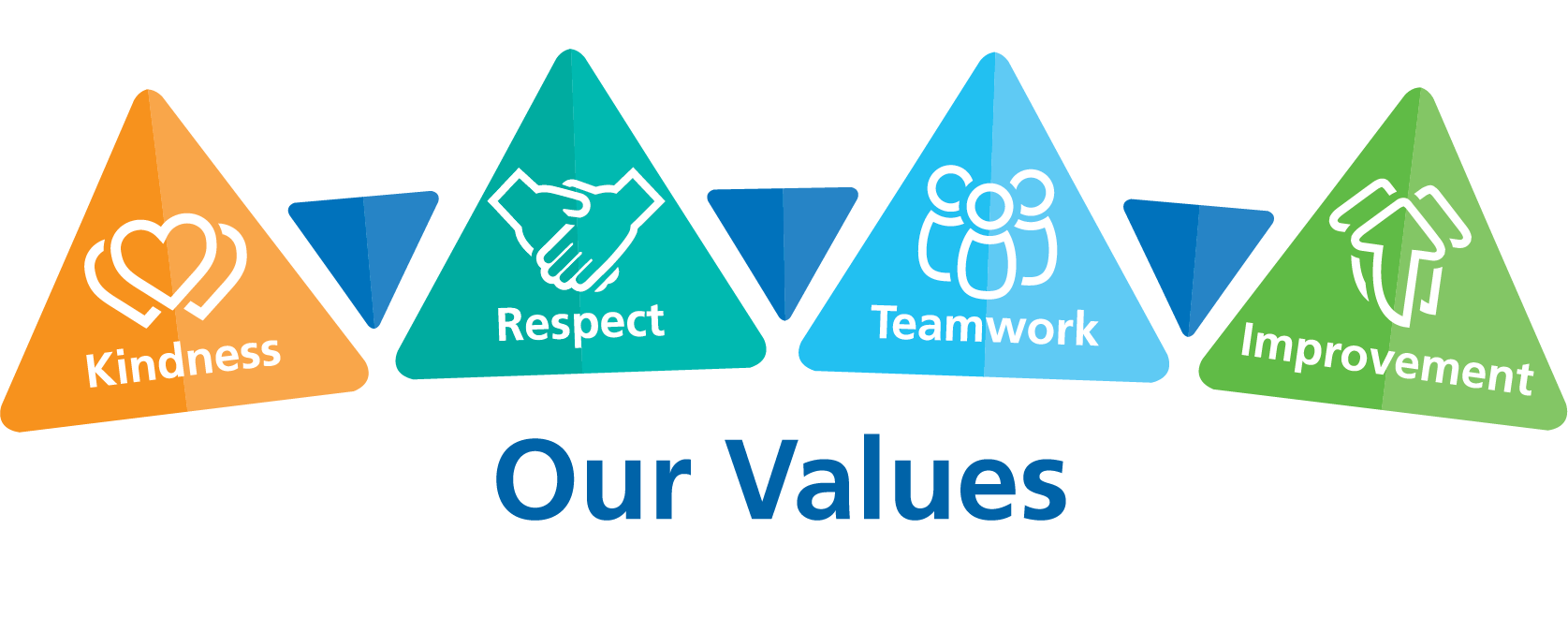Research funding secured to improve the care for patients who have fallen
22 March 2024

Yorkshire Ambulance Service Research Institute (YASRI) has been awarded £700k to conduct new research to understand the health implications for older patients who have experienced a prolonged period of time on the floor following a fall, called a ‘long lie’. The research will take place over three years and is funded by the National Institute for Health and Care Research (NIHR).
Ten percent of emergency 999 calls to Yorkshire Ambulance Service relate to patients who have fallen. When there is increased demand for ambulance services, patients may be more likely to experience a delay in the ambulance arriving, resulting in a ‘long lie’. This study will seek to understand more about this risk to patient safety and the scale of the problems associated with long lies.
Not only is a long lie undignified and uncomfortable for patients but it may cause serious physical and psychological complications, in some cases worse than the injuries caused by the fall. The project will seek to understand what these complications are, when they occur, and how they affect recovery.
It will also look at how long lies are currently managed or mitigated both prior to an ambulance arriving and until the patient reaches definitive care, by surveying and speaking to health care professionals, social care staff, patients and their relatives. The project will develop recommendations to reduce the risk of adverse outcomes for patients following a fall.
Dr Julian Mark, Executive Medical Director of Yorkshire Ambulance Service NHS Trust, explained: “There are long-standing concerns about patients in the community who may have been at risk from complications from long lies, and no one wants patients to be left on the floor for any longer than necessary. I am delighted that this research has been funded, hosted by YASRI, as it will produce valuable information to inform future plans across the country to provide optimal care and prevent harm to patients.”
Fiona Sampson, Director of Centre for Urgent and Emergency Care (CURE) at Division of Population Health, University of Sheffield and Principal Investigator for the study, said: “I am delighted that we have the opportunity to explore this important service-driven research question. We hope that our findings will lead to greater understanding of the implications of a long lie and direct improvements to future patient care for this patient group.”
Judith Holliday, Head of Research at Mid Yorkshire Teaching NHS Trust, said: “This study is an excellent example of how collaborative research can have a real tangible impact on patient care and experience. By bringing together our knowledge and experience, we can bring about positive change for patients across the country as well as here in Yorkshire.”
ENDS
Notes to Editor:
Yorkshire Ambulance Service has been involved in ambulance research since 2008 and in 2023 launched the Yorkshire Ambulance Service Research Institute. Yorkshire Ambulance Service NHS Trust covers almost 6,000 square miles of varied terrain from isolated moors and dales to urban areas, coastline and inner cities and provides 24-hour emergency and urgent healthcare services to a population of more than five million people. The Trust employs just over 7,000 staff and has support from over 1,050 volunteers.
In 2022-23, our Emergency Operations Centre (EOC) staff received 1,208,907 emergency and routine calls, an average of 3,312 calls a day. We responded to a total of 780,774 emergency incidents through either a vehicle arriving on scene or by telephone advice.
Our Patient Transport Service made over 722,000 journeys transporting eligible patients to and from hospital and treatment centre appointments, and the Trust’s NHS 111 service helped around 1.52 million patients across Yorkshire and the Humber, Bassetlaw, North Lincolnshire and North East Lincolnshire.
About the National Institute for Health and Care Research (NIHR)
The mission of the National Institute for Health and Care Research (NIHR) is to improve the health and wealth of the nation through research. We do this by:
- Funding high quality, timely research that benefits the NHS, public health and social care;
- Investing in world-class expertise, facilities and a skilled delivery workforce to translate discoveries into improved treatments and services;
- Partnering with patients, service users, carers and communities, improving the relevance, quality and impact of our research;
- Attracting, training and supporting the best researchers to tackle complex health and social care challenges;
- Collaborating with other public funders, charities and industry to help shape a cohesive and globally competitive research system;
- Funding applied global health research and training to meet the needs of the poorest people in low and middle income countries.
NIHR is funded by the Department of Health and Social Care. Its work in low-and-middle-income countries is principally funded through UK Aid from the UK government.
Produced by: Corporate Communications Department

